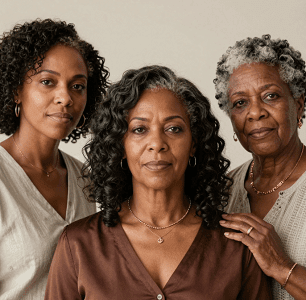New research shows that cancer disparities among men who have sex with men living with HIV (MSMWH) mirror long-standing inequities in HIV care—especially for Black and Hispanic communities. The study, based on over 350,000 MSMWH across 13 states and Washington, D.C., found that cancers linked to immunosuppression are significantly more common in Black and Hispanic men than in their white counterparts.
Kaposi sarcoma, for example, had a standardized incidence ratio (SIR) of 417 for white MSMWH, but soared to 772 for Black men and 887 for Hispanic men. Similar patterns were seen in non-Hodgkin and Hodgkin lymphomas. These disparities persisted regardless of prior AIDS diagnosis, suggesting that factors beyond immunosuppression—such as access to care, viral suppression, and socioeconomic barriers—are driving the differences.
“It’s not just race or ethnicity, it’s not just having a stigmatized medical condition,” said Dr. Gita Suneja, who was not involved in the study. “It’s the confluence of all of these factors that leads to exclusion from care and poor outcomes.”
The findings underscore the need for interventions that go beyond clinical treatment. Programs that help patients navigate the healthcare system—through peer support, care coordination, and community-based services—could help close the gap. As Suneja noted, “When we design healthcare systems to best serve those that have been left furthest behind, we all do better.”
See “Ethnic Disparities in Cancer Reflect Disparities in HIV Care” (June 24, 2025)



